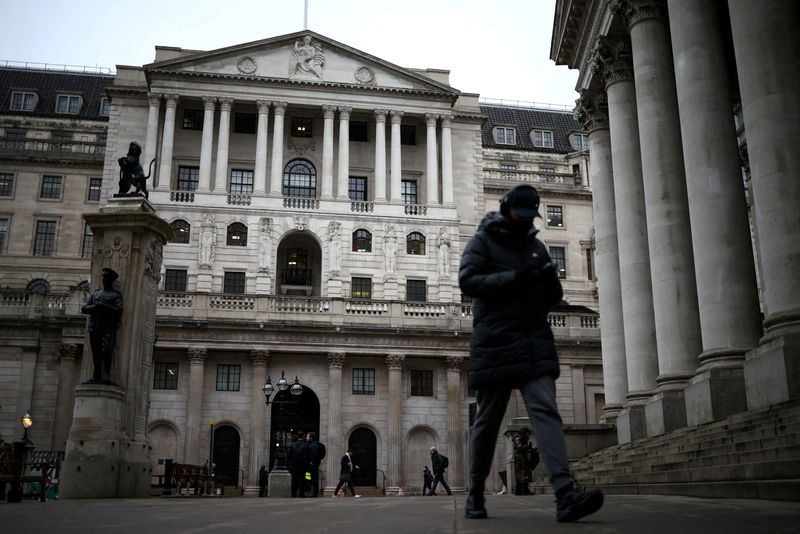Bank expected to raise interest rates for 10th time in a row, by half a percentage point to 4%, at noon today
- Weaker economy, higher inflation: Bank of England’s dilemma
- Shell makes record $40bn in profits on back of surging gas prices
Calls for a tougher windfall tax on energy companies are growing louder today, after Shell smashed its profit record by making almost $40bn last year.
Labour MP Ed Miliband, shadow secretary of state for Climate Change and Net Zero, says Shell’s earnings are the “windfalls of war”.
Because at one in the same time, you’ve got millions of people who cannot afford heat and power.
You’ve got a government that is saying, there’s nothing we can do. Prices are going to go up by another 40% in April and at the same time, Shell is making record profits, the windfalls of war in unexpected unearned profits, and the government fails to levy a proper windfall tax with massive loopholes for fossil fuel companies.
The politics of it all aside, the events of the last year have seen Shell’s earnings, cashflow, and debt position improve significantly and shareholders are benefitting through another share buyback programme and an increased dividend.
“It’s sickening to see that in a year where people can’t afford to heat their homes because of rising energy bills, Shell is announcing record annual profits of $39.9bn. As thousands of people went out to the streets yesterday to protest and strike against low pay and the rising cost of living, oil giants like Shell are lining the pockets of shareholders with profits made from a global energy crisis.
These profits are made off the destruction of our planet and there are communities all over the world who are already paying the price for that right now. It’s time to bring in a polluters tax, end this facade and finally make them properly pay up for their climate-wrecking damages.”
The macro outlook does not look as bad and the depth of the contraction the BoE forecast in November is likely to be revised to something less severe.
The RICS House Price Index fell to -42, worse than during covid and the weakest print since 2010. The balance has dropped from +50 four months ago, a faster drop than in the run in to the GFC. The MPC is also more divided and less predictable.
The last vote saw two MPC members vote for no change (Dhingra and Tenreyro) which skews the balance of risks to a smaller move than expected today.
Continue reading…


